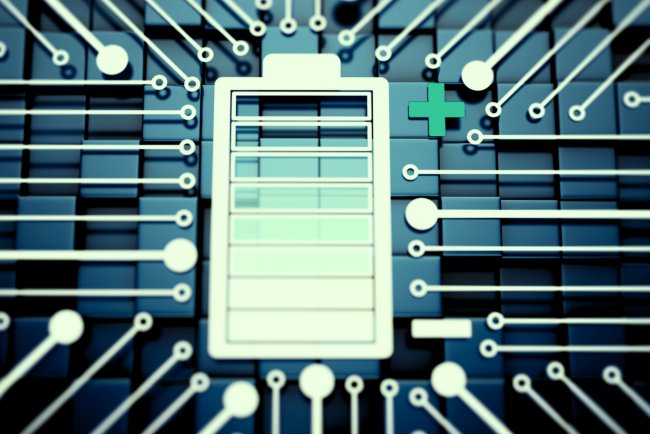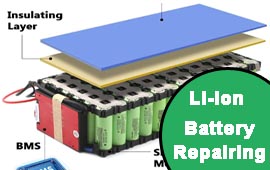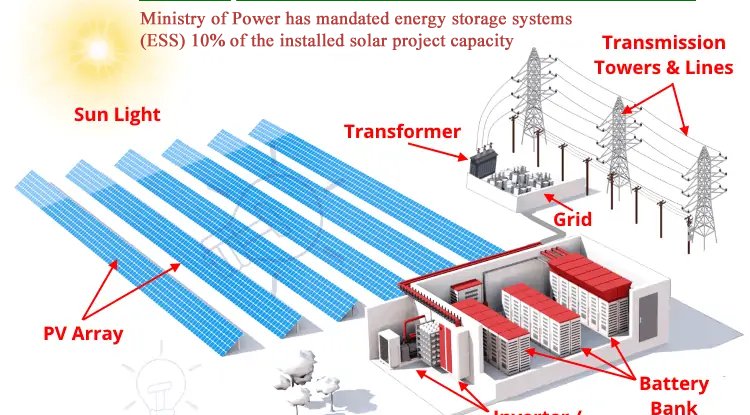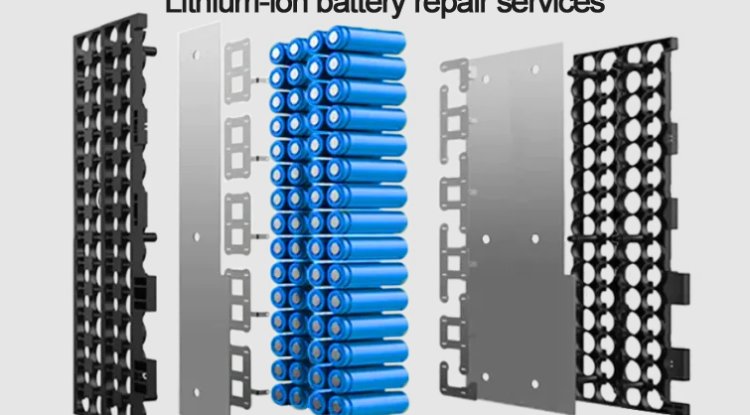Lithium-ion battery repair services
PR Newswire: Lithium-ion battery repair services focus on diagnosing and fixing issues within battery packs, potentially including faulty cells, damaged components like the Battery Management System (BMS), and cell rebalancing. Skilled technicians handle these repairs due to the complexity and safety concerns associated with lithium batteries.
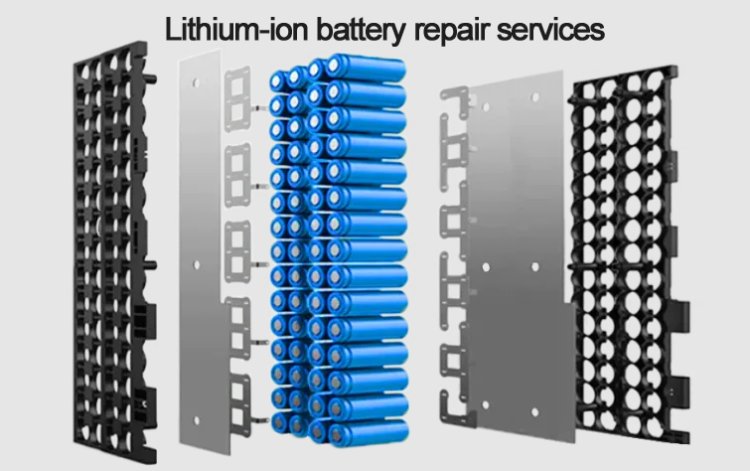
Many people choose to replace the battery with a new one, but in fact your battery has a chance to be repaired and return to its original state.
Yes, a lithium battery can sometimes be repaired, but it depends on the extent of the damage and the type of battery. If the battery is just deeply discharged and not physically damaged, it's possible to revive it with a slow trickle charge. However, if the battery is severely degraded or internally damaged, repair may not be possible, and it's best to recycle it.
- If the battery is physically damaged, like with broken cells or internal components, repair is unlikely to be successful.
- If the battery has lost a significant amount of its capacity due to aging or overuse, it may be too damaged to be revived.
Lithium-ion battery repair services focus on diagnosing and fixing issues within battery packs, potentially including faulty cells, damaged components like the Battery Management System (BMS), and cell rebalancing. Skilled technicians handle these repairs due to the complexity and safety concerns associated with lithium batteries.
-
Diagnosis:Identifying the source of the problem, whether it's a faulty cell, a damaged BMS, or an imbalance such as reduced capacity, voltage issues, or physical damage.Physical Inspection: Physical signs of damage are often the first indicators of battery problems. Check for any visible damage such as cracks, dents, or swelling. Swelling is particularly concerning as it suggests gas buildup inside the battery, which can be a sign of severe internal damage or malfunction.Voltage Measurement: Using a battery capacity tester, you can measure the battery's voltage to determine if it’s operating within its expected range. A significant drop in voltage could indicate that the battery is no longer holding a charge effectively.Corrosion Checks: Inspect the battery terminals and connections for corrosion. Corrosion can impede the battery’s ability to deliver power effectively and might be visible as a white or greenish residue around the terminals.
-
Repair or Replacement:Replacing damaged components like the BMS or repairing cell connections. In some cases, individual cells within the battery pack may be faulty and need to be replaced. Repairing physical damage to the battery casing or connections.
-
Rebalancing:Ensuring all cells within the battery pack are at the same state of charge for optimal performance and longevity. Balancing the charge across all cells in the battery pack to ensure optimal performance and longevity.
-
Reconditioning:Techniques like deep cycling or recalibration may be used to restore battery capacity and performance. Some techniques involve deep cycling or recalibrating the battery to restore its capacity and performance.
-
Safety:Lithium batteries can be hazardous if mishandled, so it's crucial to choose a qualified and experienced service provider. Ensuring that repaired batteries meet safety standards to prevent overheating, fires, or explosions.
-
Capacity Measurement:Specialized equipment and software can simulate real-world conditions and measure a battery's capacity, voltage, temperature, and resistance.
-
Battery Management System (BMS) Monitoring:Many devices with lithium-ion batteries use a BMS to monitor and control the battery's performance. The BMS can often provide data on battery health and potentially detect faults.
- Never force a battery to charge or discharge if it's visibly damaged or swollen.
- Avoid storing batteries in extreme temperatures.
- Dispose of batteries properly.
- If you suspect a faulty battery, seek professional help.
Several companies in Kolkata and other parts of India offer training and services related to lithium-ion battery repair and service. The Academy of EV Technology (AEVT) provides practical training, including EV lithium-ion battery repair and maintenance.
Conclusion
By following these reconditioning methods, you can extend the life of your lithium battery and maintain its performance. For more severe issues or if you're unsure about performing these repairs yourself, consulting a professional might be the best course of action.
Energy Storage: Energy storage system development, latest news, press release, analysis and opinion from the global energy storage industry.
